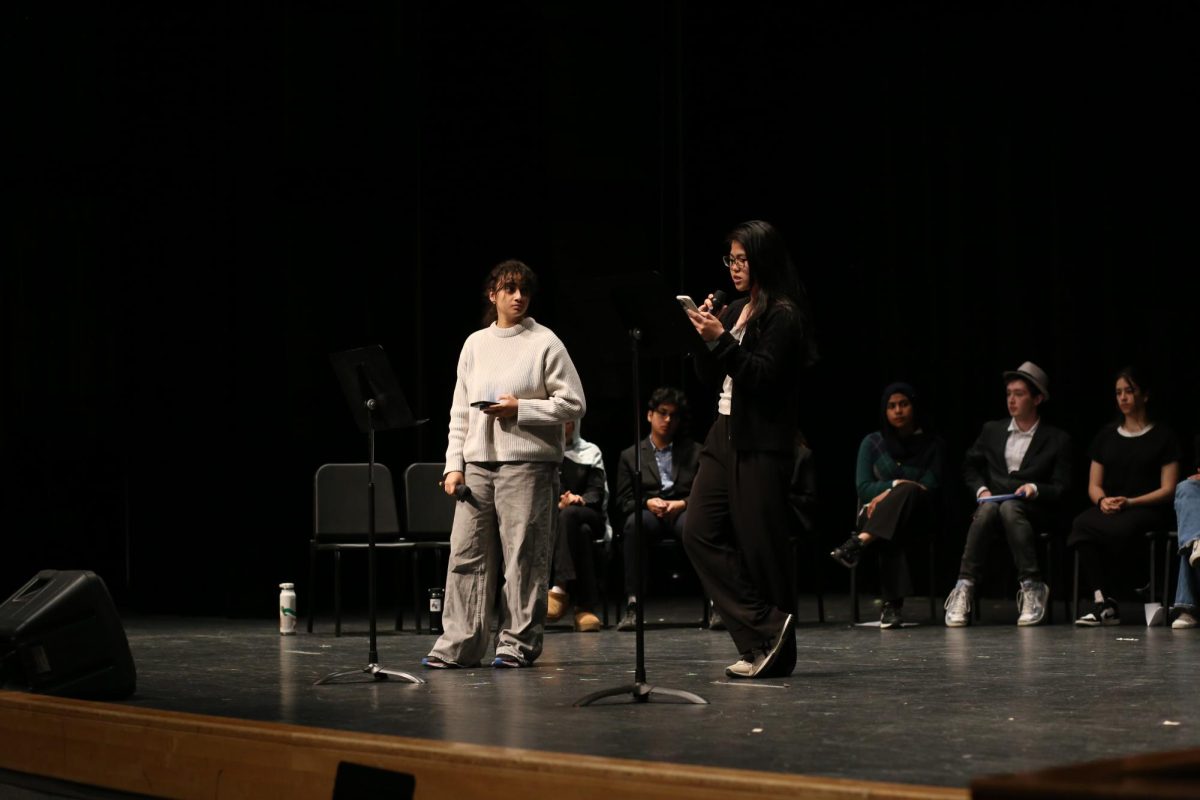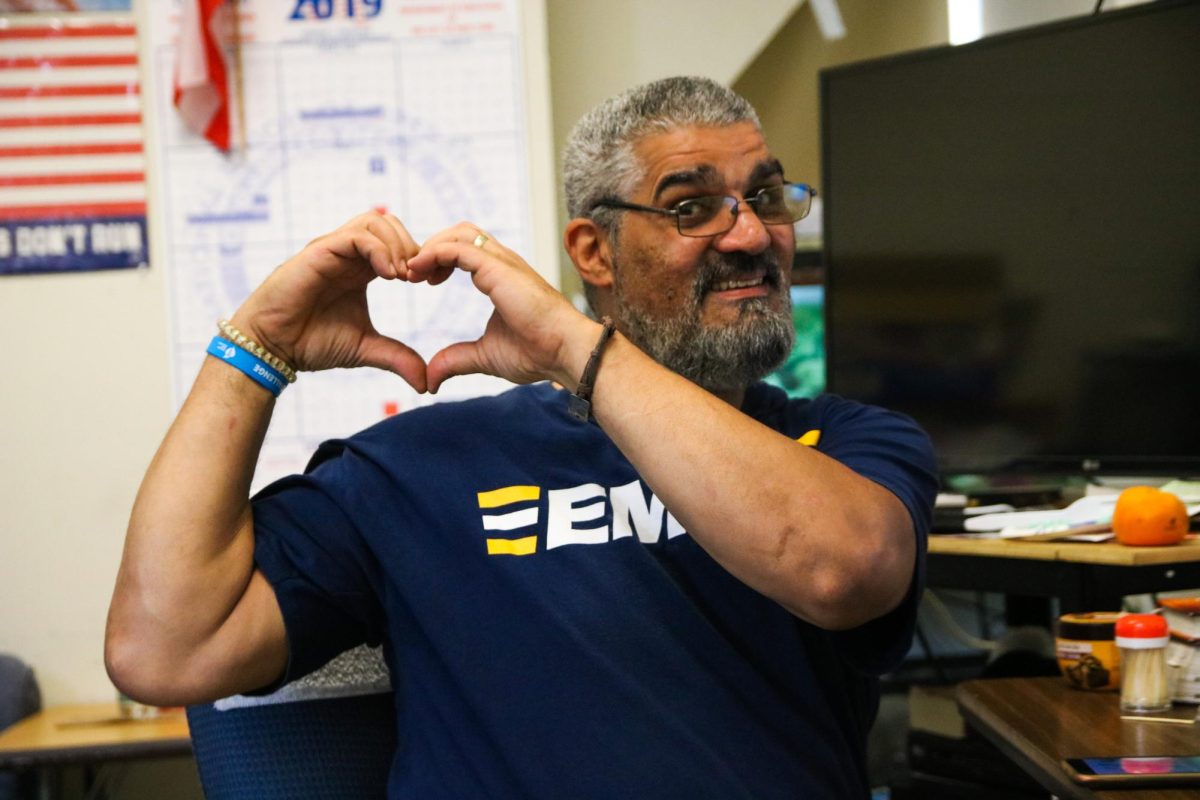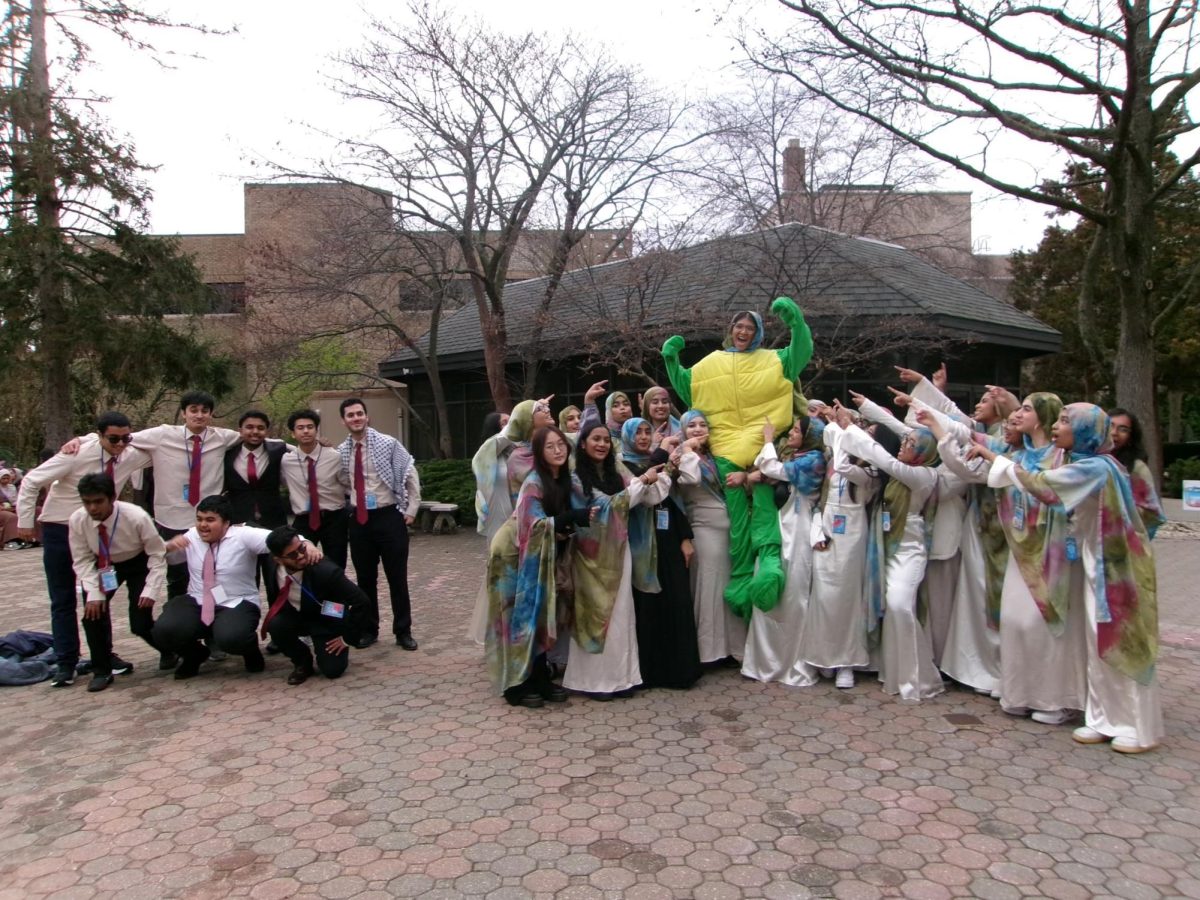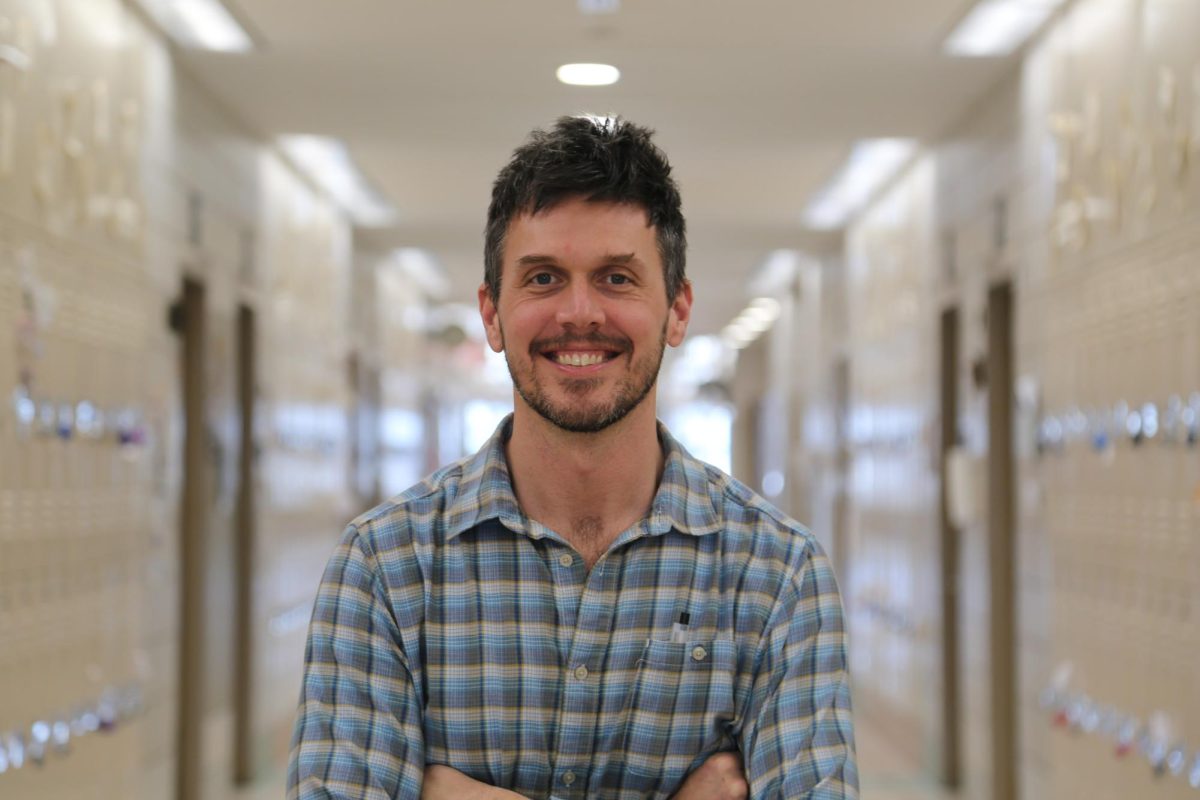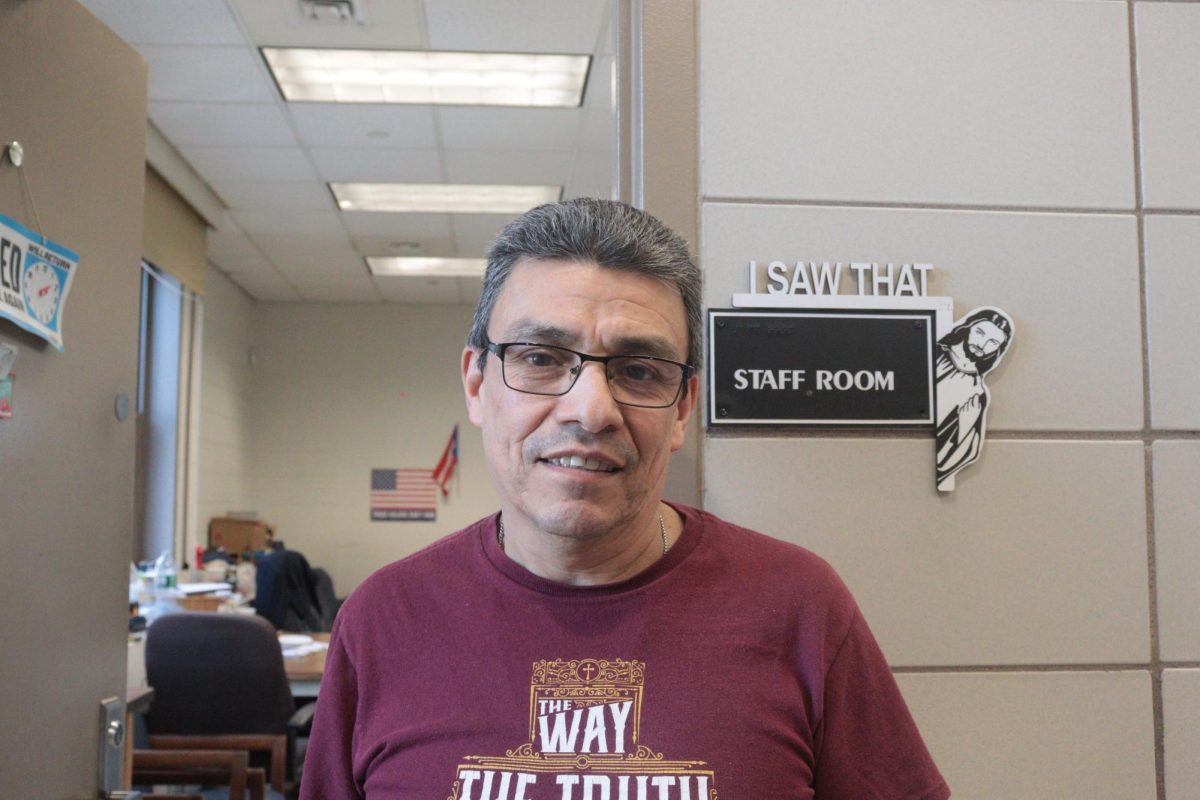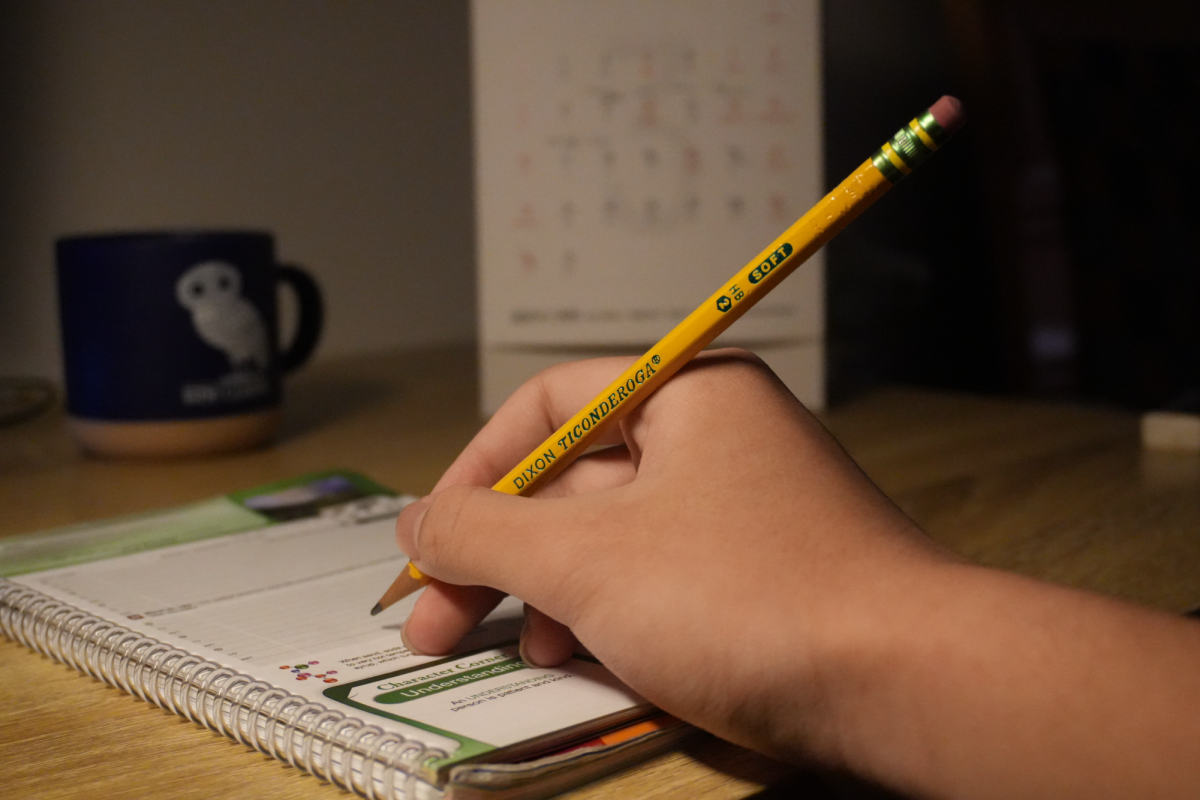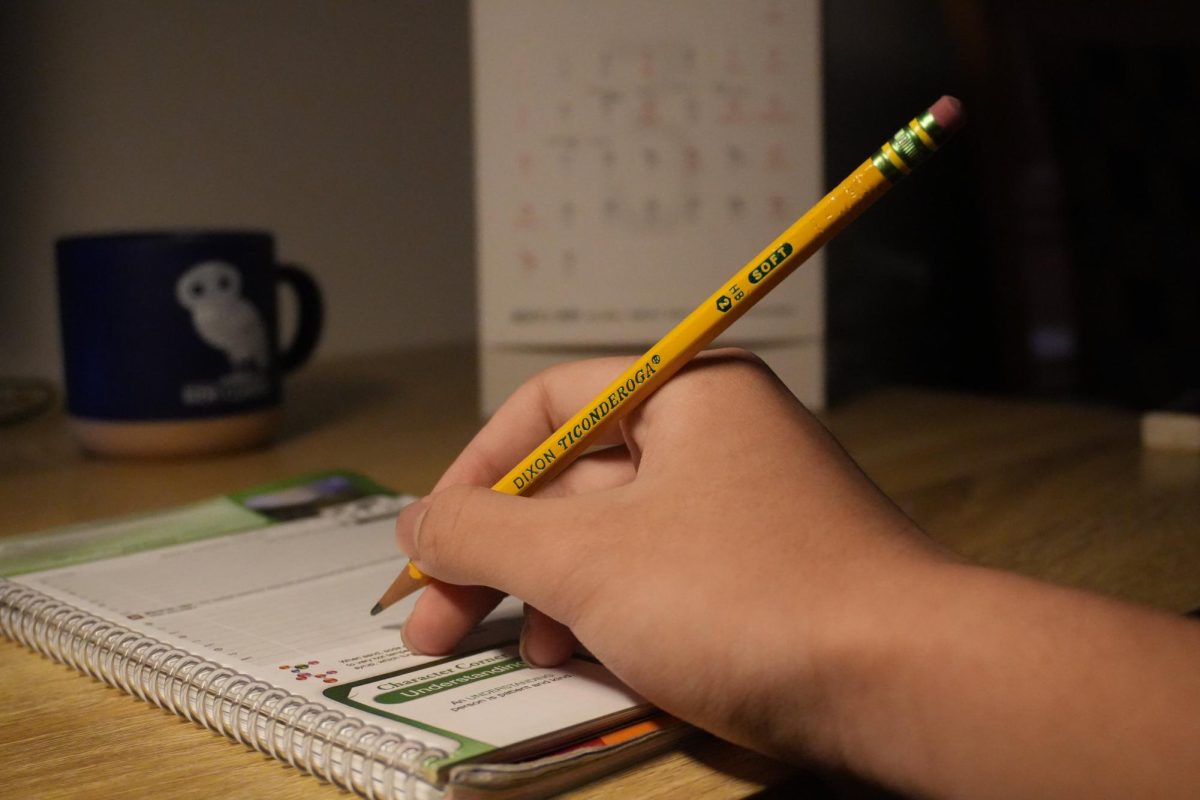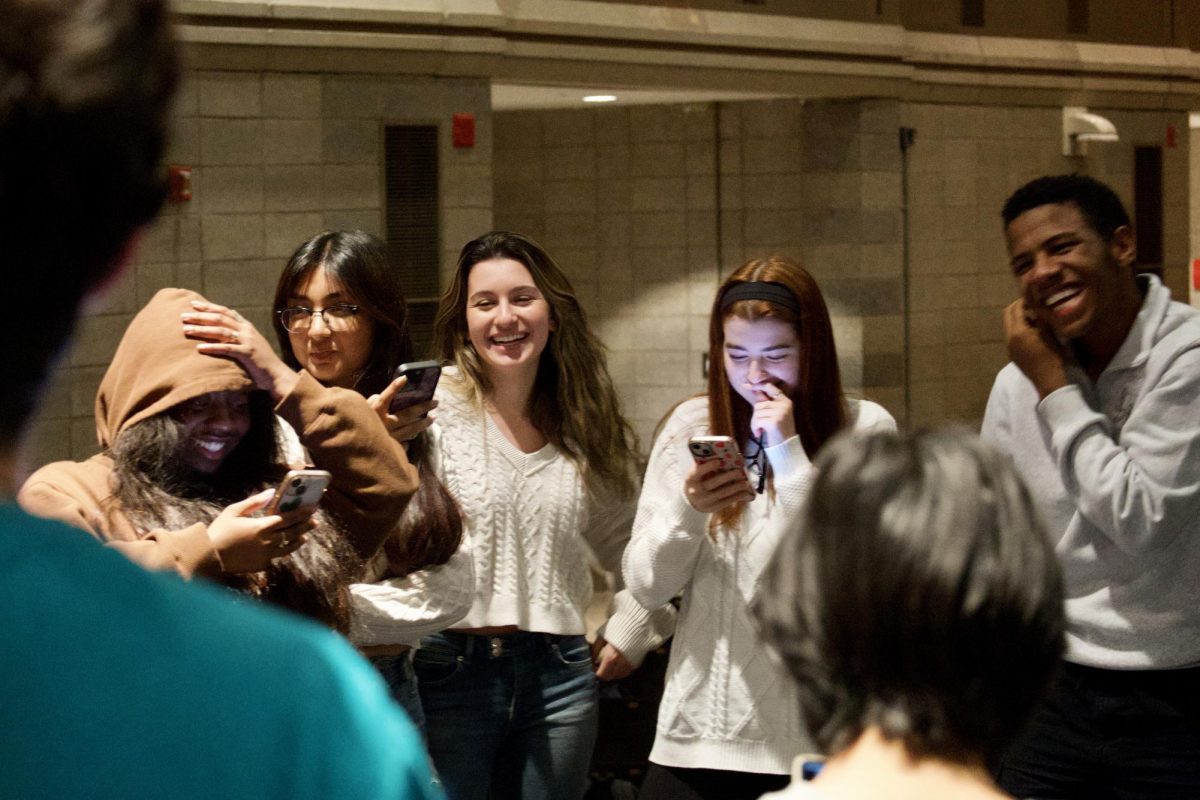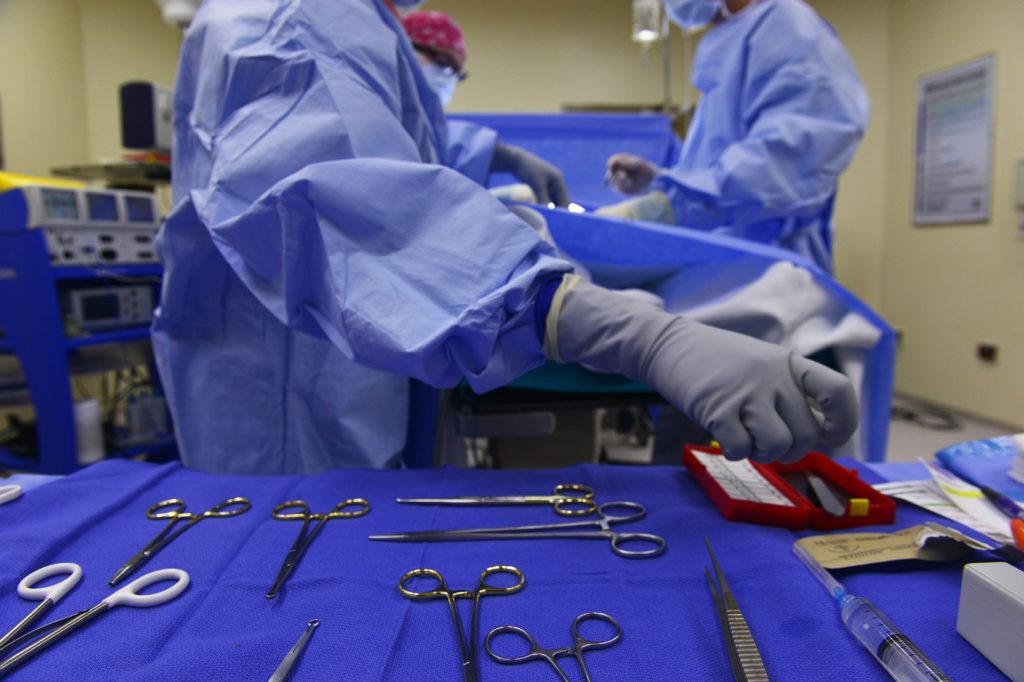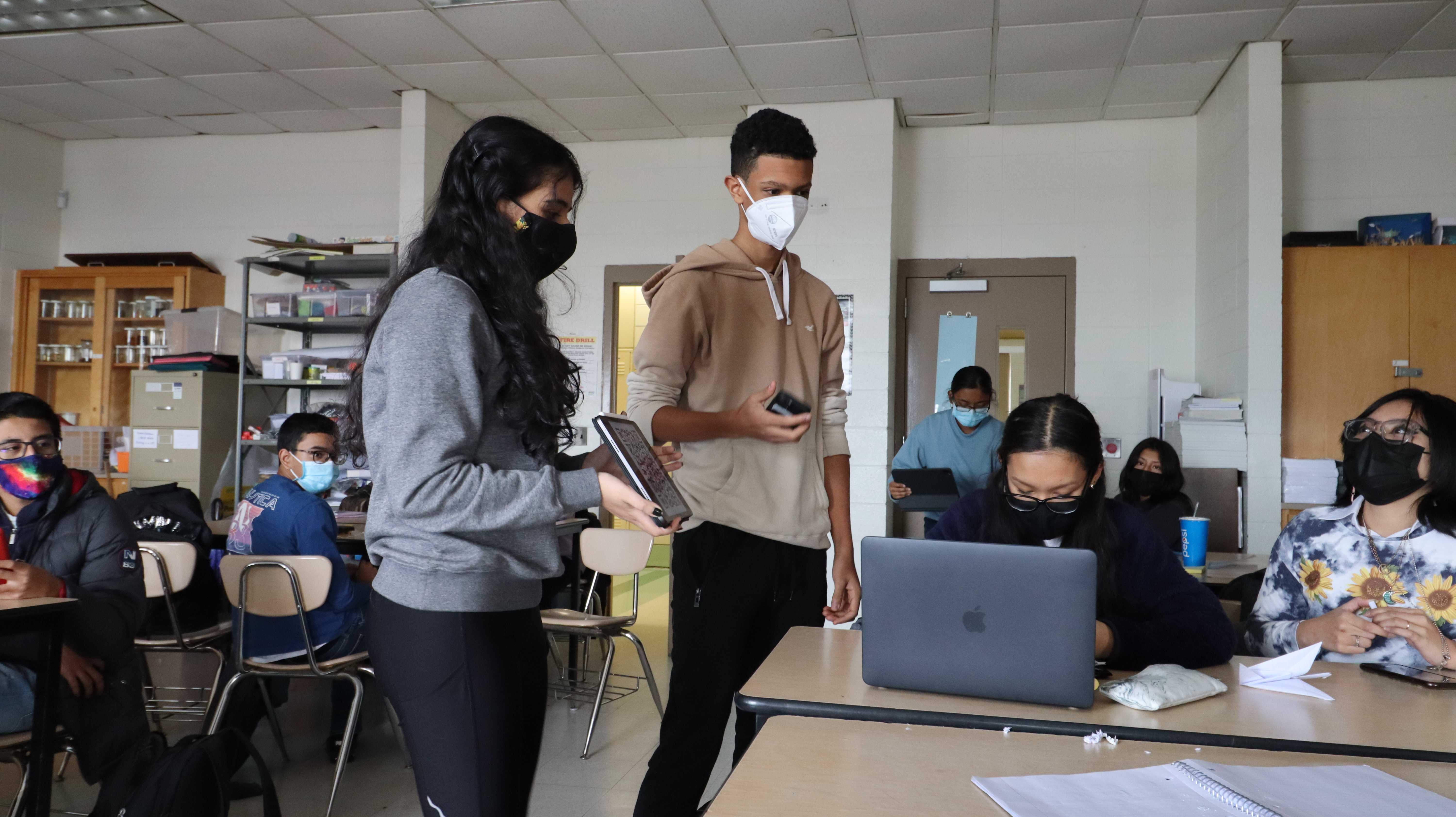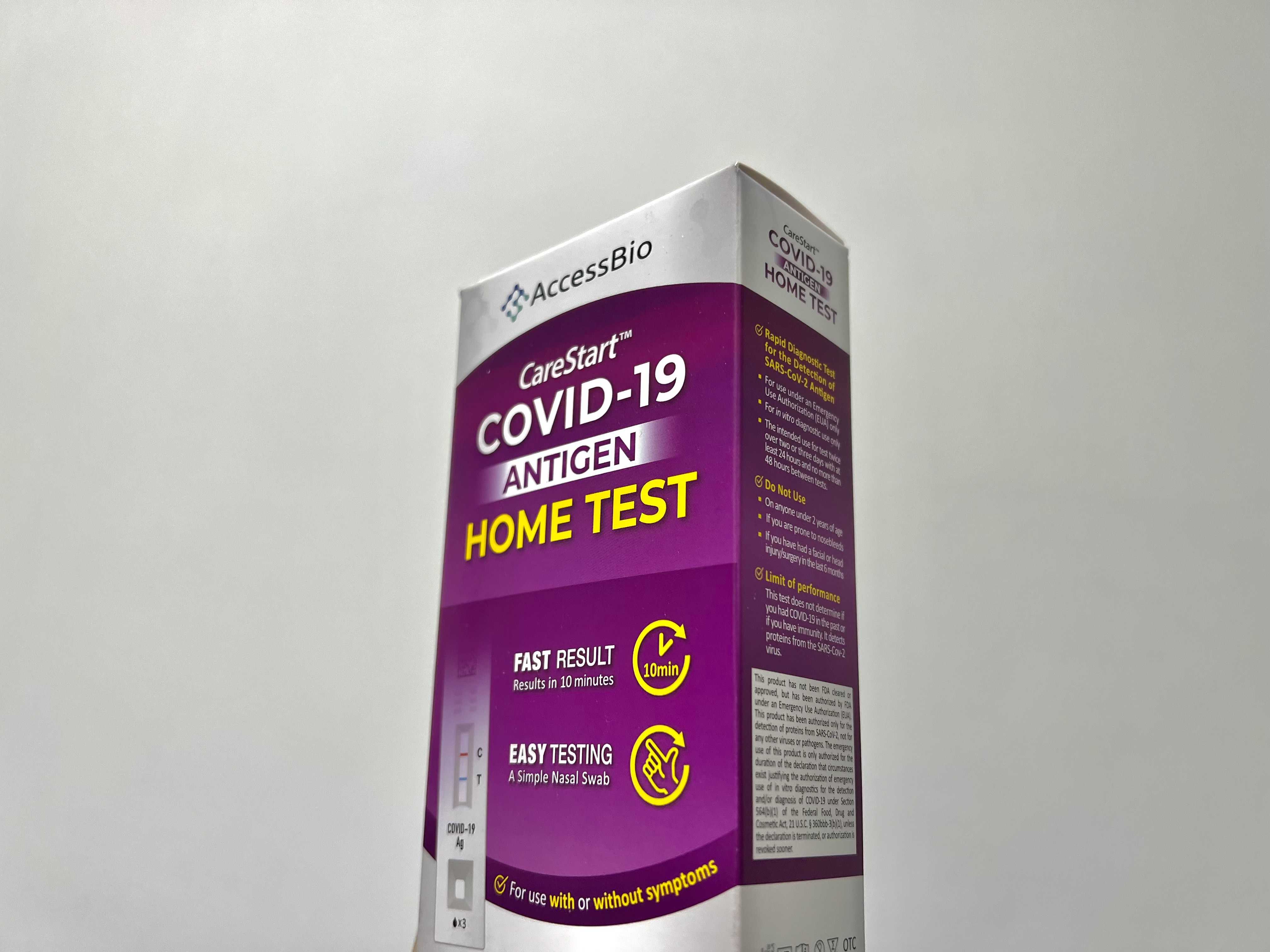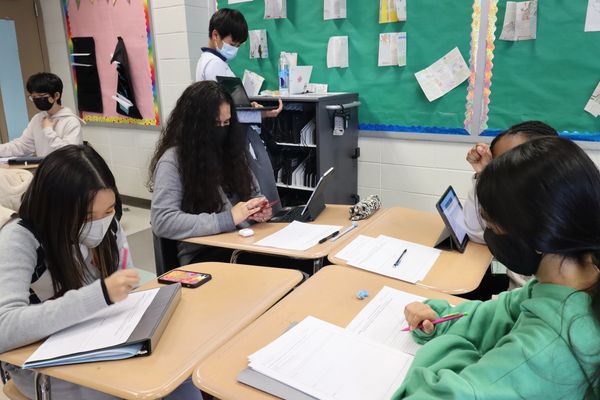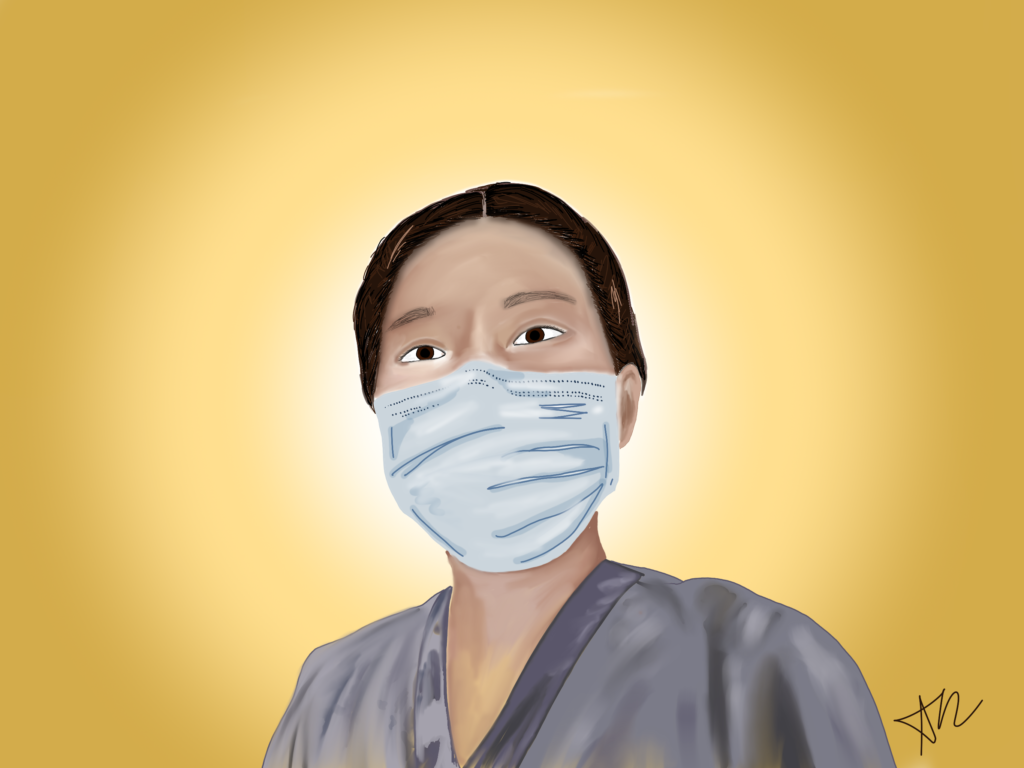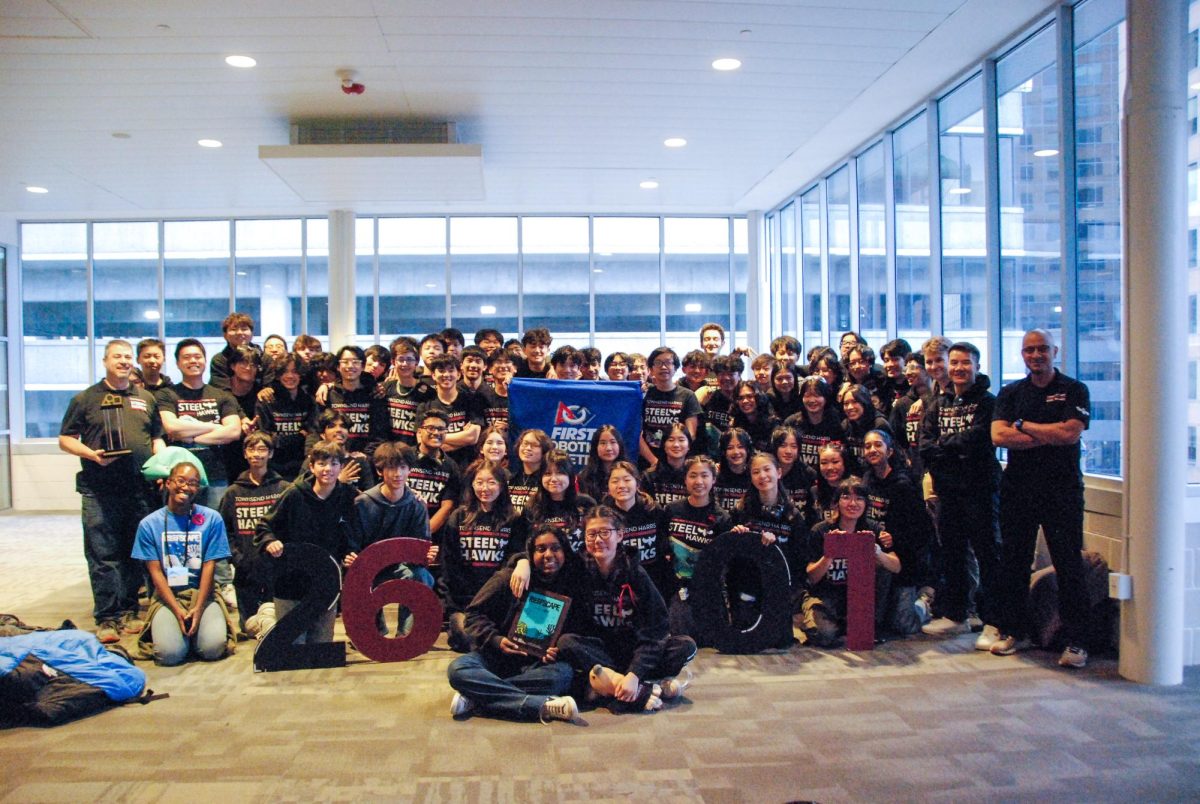
The recent outbreak of the novel coronavirus has had a profound impact on Americans, as everyone takes a moratorium from their daily lives to slow the spread of the disease. While social distancing has forced many to drastically alter their work lifestyles, none have arguably been more hard-hit than the medical community.
Nurse practitioner at Memorial Sloan Kettering Center Glenda Espinosa, who specializes in clearing patients before surgery, is one of many hospital workers who undergoes routine exposure to the disease. While she and her coworkers continue to practice healthy hygiene habits, they are not provided or suggested to wear masks. Despite this, Espinosa has experienced other changes in her normal work routine.
“We have significantly reduced the number of surgeries so my colleagues have been told we can be deployed to other areas of the hospital as needed,” said Espinosa. “The reality is we are all learning about this as we go along, making communication essential. My institution has luckily set up COVID-19 funding to reimburse employees for their travel expenses as they commute to work. We are so lucky for that support.”
Espinosa was not the only one who witnessed a new distribution of roles during this time. Her coworker Cassie Durand, a nurse at Urgent Care, experienced a similar situation.
“Since I work in an emergency room type setting, we have completely revamped our roles amongst the nurses in the unit,” said Durand. “We have physically changed our unit and the places in which we triage patients. Our whole triage has changed.”
With a lack of respirators and other supplies in hospitals, patients and staff alike have gone into a panic.
“It’s affected me personally because I’m so nervous that I’m going to bring the virus home to my husband and baby. My sister had a newborn one week old baby and I haven’t been able to meet him which is very upsetting,” said Durand.
Espinosa even shared her experience of a near case of the virus. Following gastrointestinal symptoms as well as a headache and low fever, she contacted her private doctor and got tested at her hospital.
Though Espinosa tested negative for the virus, she was told to remain in isolation and later learned that the test she took was never approved by the FDA. “My symptoms improved, but on the fourth day all of a sudden the headache that was leaving [came] back, and now I have a sore throat. Luckily my concerns are not financial since I continue to get paid while I am home sick,” she continued.
As of now, people continue to stay inside and hope for the best. With new developments emerging rapidly, the world will have to continue adjusting to keep more people safe.



